Depression Part 1
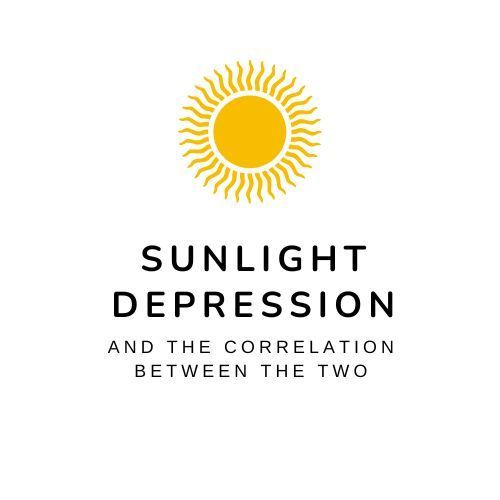
I’m not sure there is an ideal time to talk about depression, but spring may be one of the best because the days are getting longer. Therefore, we have more light and warmer temperatures outside, so we spend more time in the sun and fresh air. A group of our population suffers from a form of depression known as SAD or seasonal affective disorder. Lack of sunlight may contribute to SAD, and exposure to the sun is often the cure for patients.
Depression is a medical condition that involves the brain. It is more than just feeling “down in the dumps” or “blue” for a couple of days. More than 20 million Americans suffer from depression, and their feelings do not disappear. They persist and interfere with daily life.
The most common symptoms include sadness, increase or decrease in weight, difficulty sleeping or oversleeping, loss of energy, feelings of worthlessness, loss of interest in previously enjoyable activities, and thoughts of death or suicide.
As stated above, depression is a disorder of the brain. The causes of depression include environmental, genetic, psychological, and biochemical factors. The usual starting age of depression is between 15 and 30, and it is more common in women. Women are also susceptible to post-partum or “after the baby” depression.
Depression is a leading cause of disability worldwide, and in the United States, anxiety disorders are common, affecting approximately 40 million adults yearly. Psychotherapy approaches, and medications are standard first-line treatments suggested for clinical depression and general anxiety disorders.
In the pharmacy world, we have medications that act as central nervous system (CNS) depressants, usually as sleeping pills or anti-anxiety medications. Prescription CNS depressants increase the activity of the neurotransmitter GABA which slows brain activity. Patients who take CNS depressants can feel sleepy and uncoordinated at the beginning, and over time they can develop poor concentration, slowed breathing, confusion, and lowered blood pressure. The group of prescription CNS depressants can also be habit-forming.
An article from September 2016, JAMA Psychiatry discusses the use of oral contraceptives and depression, “Use of hormonal contraception, especially among adolescents, was associated with subsequent use of antidepressants and a first diagnosis of depression, suggesting depression as a potential adverse effect of hormonal contraceptive use.” When looking at oral contraceptives and how they can potentially deplete B vitamins over time, it is not surprising to see that depression is a side effect of the medication. Vitamin B12 is a precursor to the production of serotonin, and taking a drug that can deplete B vitamins is setting up the perfect storm for depression. Trying to find the root cause and eliminating it is always best. In this instance, as we do at our pharmacy, we recommend a good multivitamin or B-complex to offset the potential depletion.
Research shows that most health problems of Americans are related to lifestyle and dietary practices. Depression is no different. The root cause of many cases of depression can be linked to addiction to caffeine, nicotine, or other stimulants. People often claim that they smoke, drink alcohol, or take drugs to calm themselves when they complicate matters. The calming effects of these drugs are typically short-lived, leading to more stress on the system. People suffering from depression must stop smoking, drinking alcohol, coffee, and other sources of caffeine.
In addition, the emerging field of nutritional psychiatry suggests a relationship between diet quality and mental health and considers the use of dietary and nutraceutical interventions to address mental disorders and potentially improve patient outcomes. Recent research suggests that while nutritional habits, dietary patterns, and diet quality may impact overall mental wellness, they may also be modifiable risk factors for mental disorders. For example, conclusions based mainly on cross-sectional and longitudinal studies suggest that routine consumption of a Western-type highly processed diet increases the risk of developing symptoms associated with depression and anxiety. In contrast, those observational studies indicated that the risk of depression was lower if an anti-inflammatory or Mediterranean-style diet was followed.
Conventional treatment of depression utilizes prescription medications designed to increase neurotransmitters in the synapse (spaces) between nerves. The most common are selective serotonin reuptake inhibitors (SSRI) and serotonin and norepinephrine reuptake inhibitors (SNRI). SSRIs work on serotonin, while SNRIs affect both serotonin and norepinephrine. Having an imbalance of serotonin or norepinephrine can be a cause of depression. Using these medications helps increase these neurotransmitters in the synapse, which ultimately can help improve depression.
An article from the Lancet in June of 2016 discusses the use of antidepressants in children and their ineffectiveness - Most Antidepressants Ineffective for Kids with Depression – “The vast majority of antidepressants are ineffective, and some may even be unsafe, for use in children and teens with major depressive disorder (MDD).”
In functional medicine, personalized nutrition interventions are vital to therapeutic strategies that address chronic mental health issues and a patient’s overall mental wellness.
In next week’s article, Depression Part 2, we will discuss some non-conventional ways to treat depression, including lifestyle modification and dietary supplements to support neurotransmitter production. Treating depression does not often follow a cookie-cutter approach. Like most disease states, finding the proper treatment can yield excellent results. If you suffer from depression, don’t give up hope, as many paths can be taken to get you to a better spot.
If you have questions or need help with medications or dietary supplements for depression, call the pharmacy @ 701-483-4858 or stop in to schedule a consultation. Please visit my website at www.irsfeldpharmacy.com to find this and other archived articles in the blog section.
Until next time, be vigilant about your health!!!
VISIT US
HOURS
HOURS
CONTACT US
Fax #: (701) 483-4926



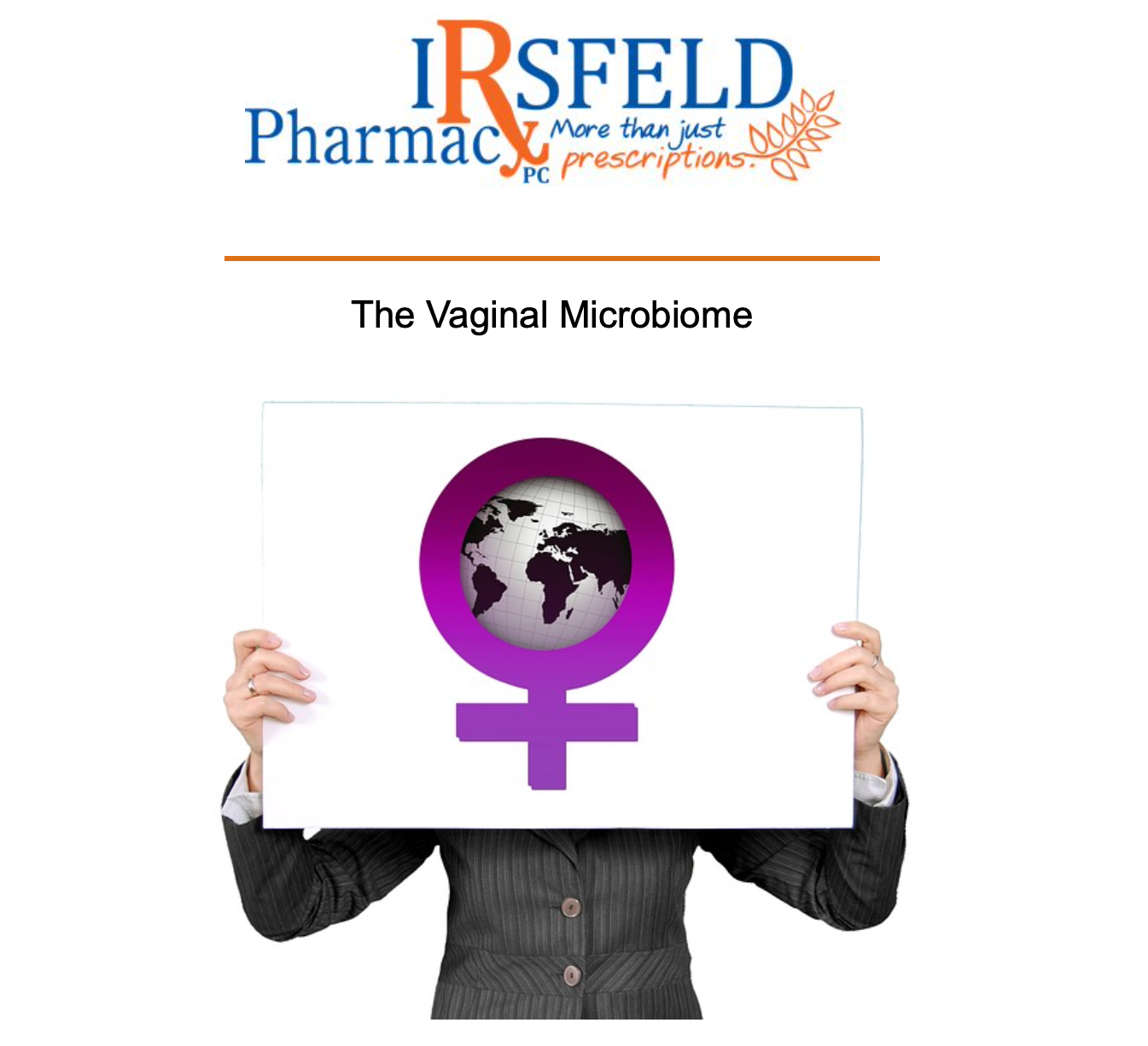
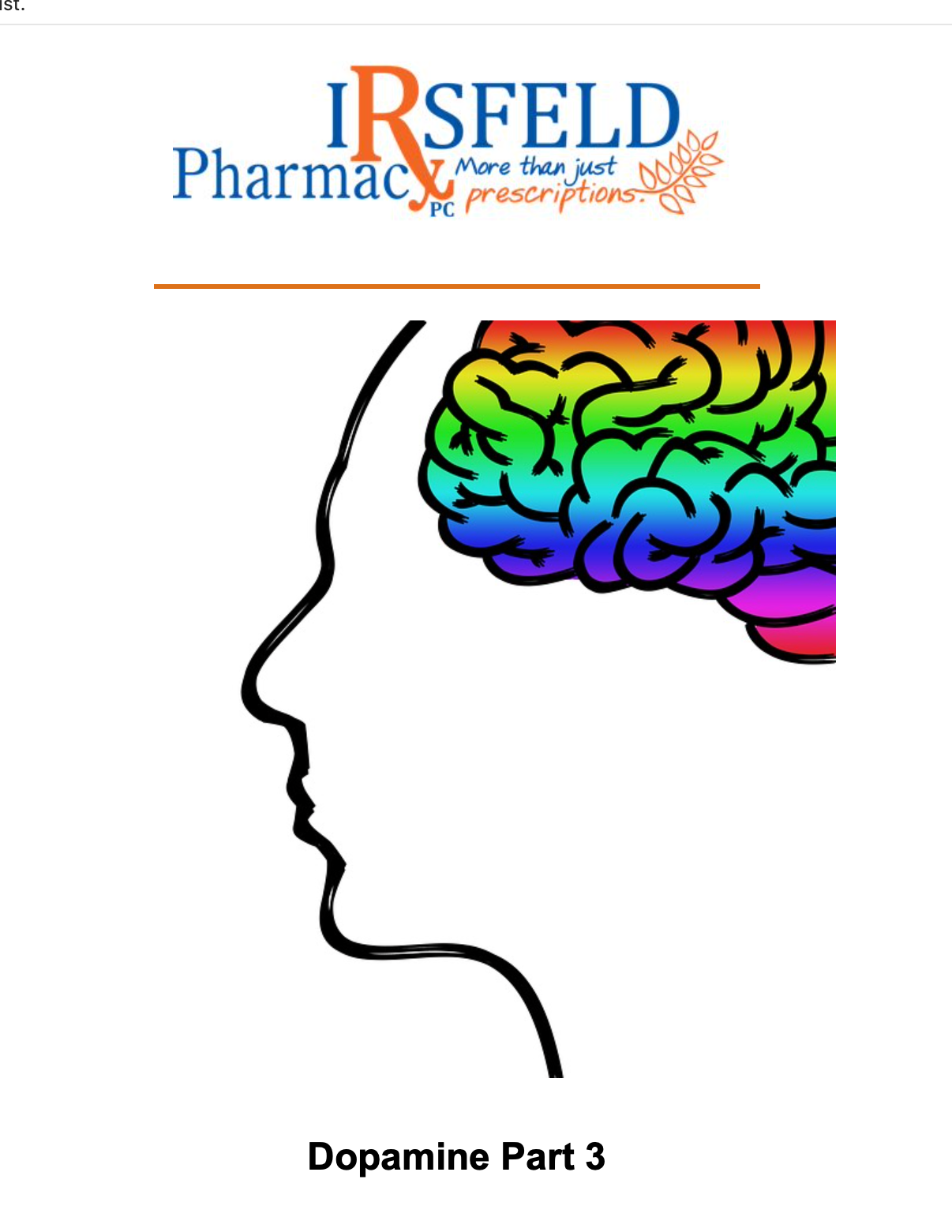
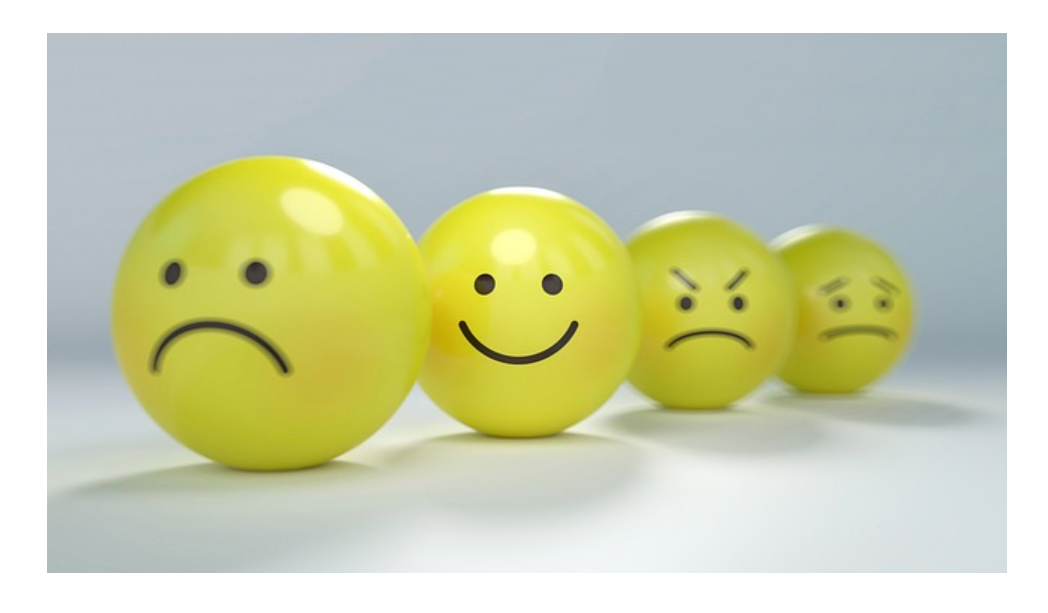
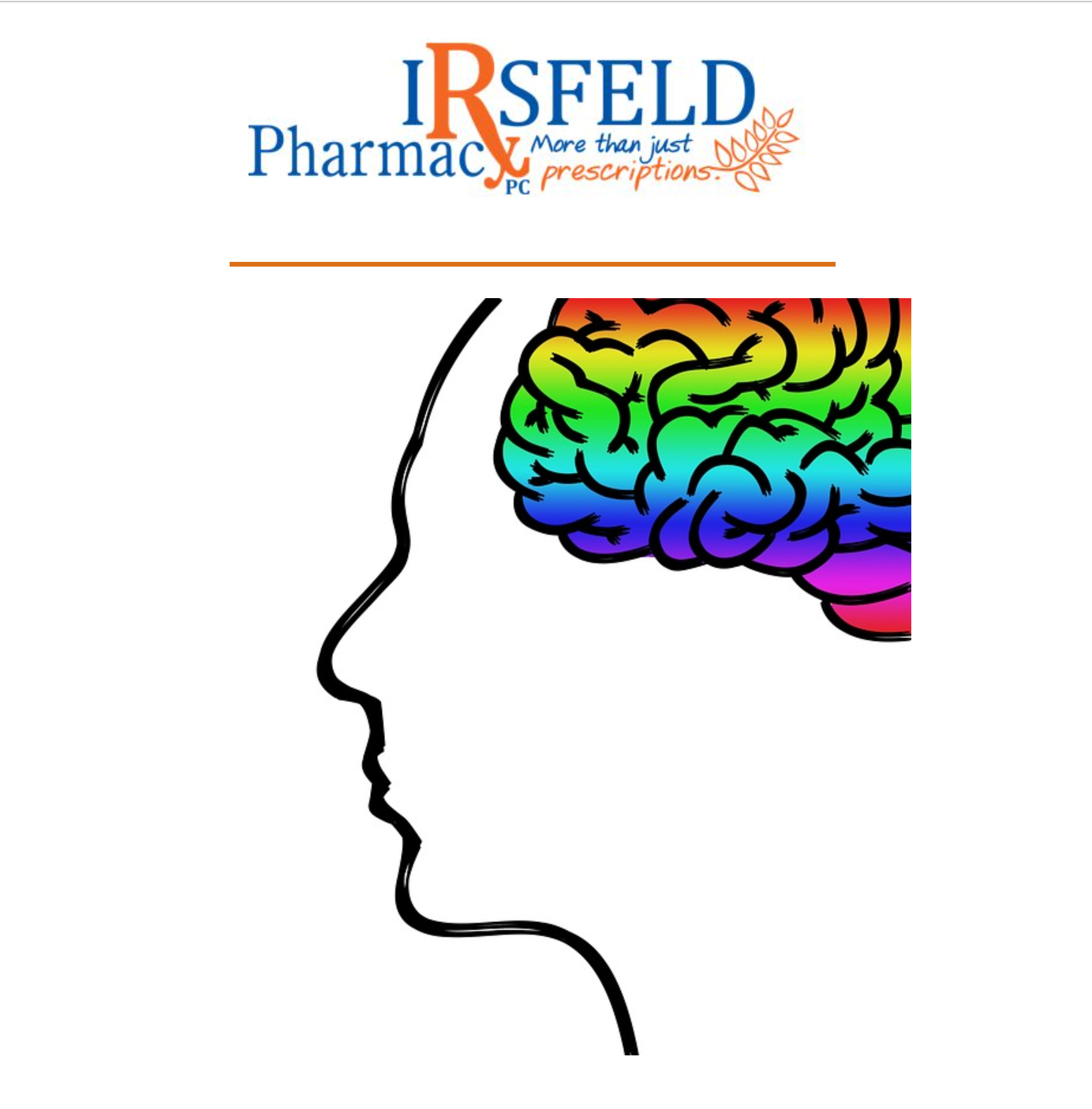
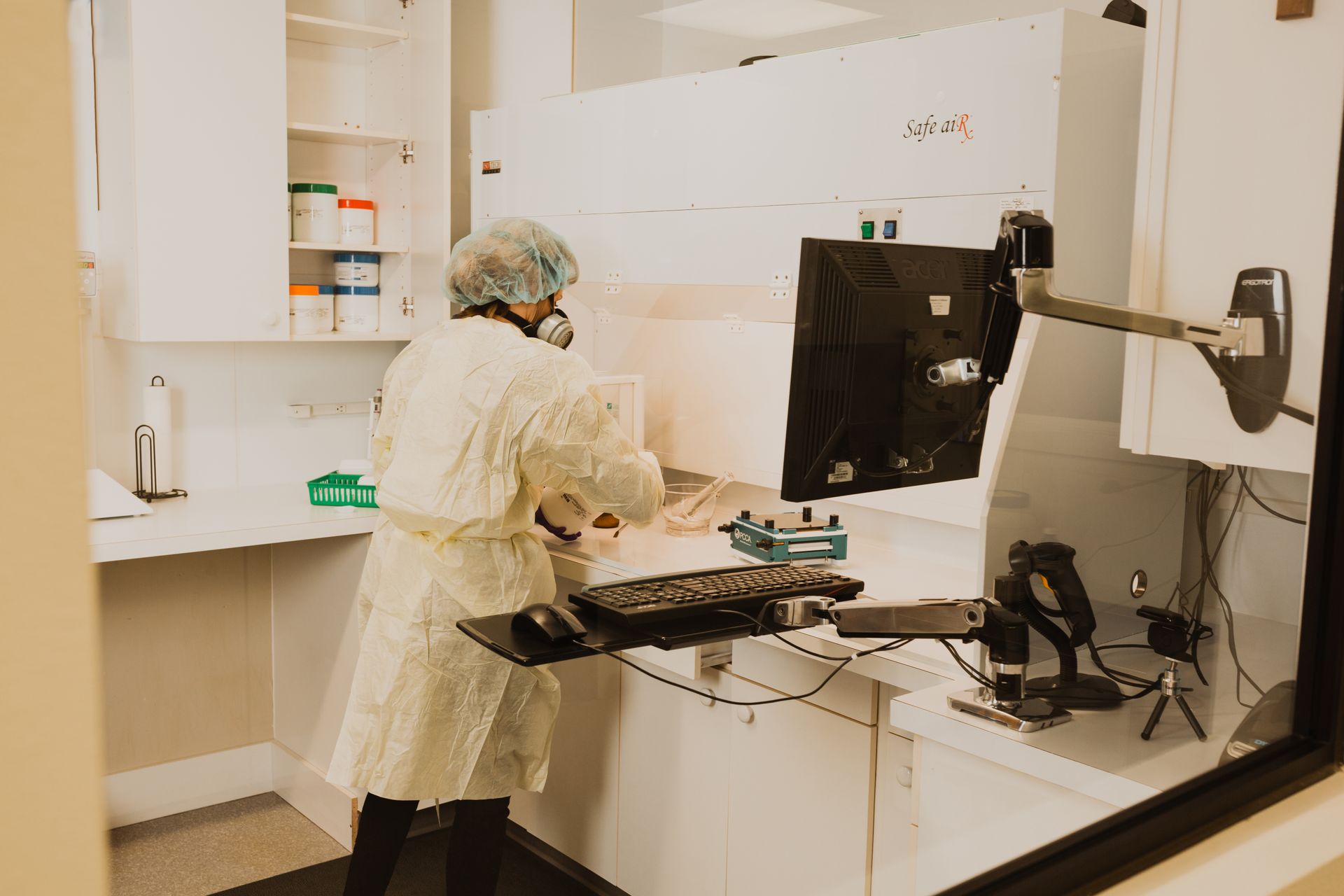
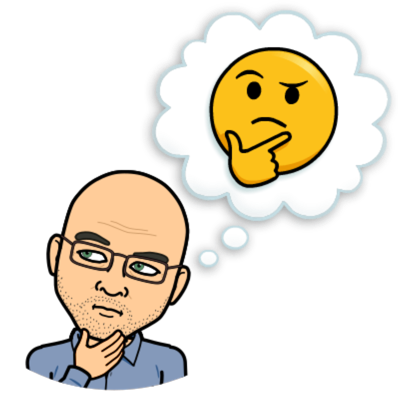
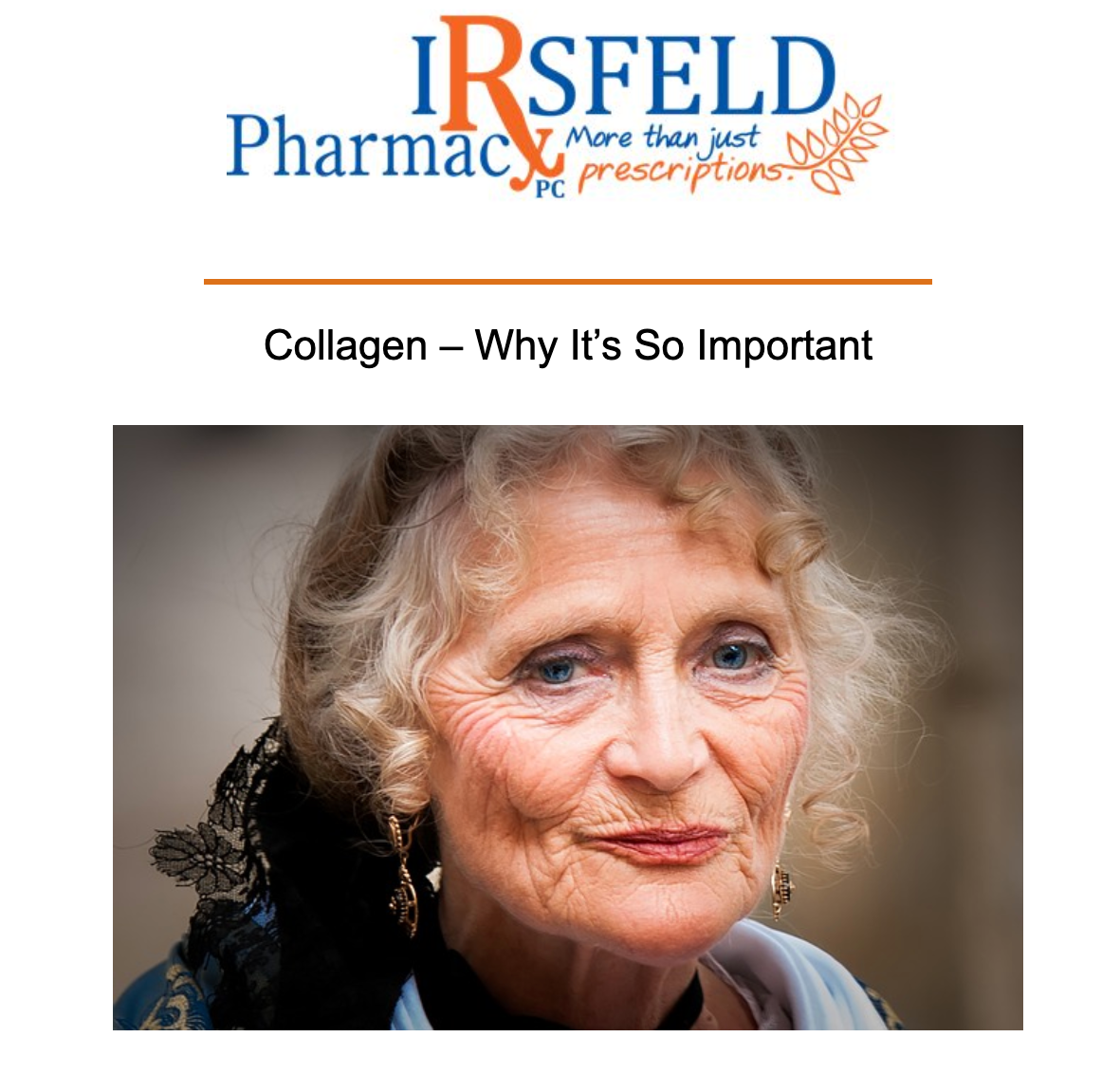
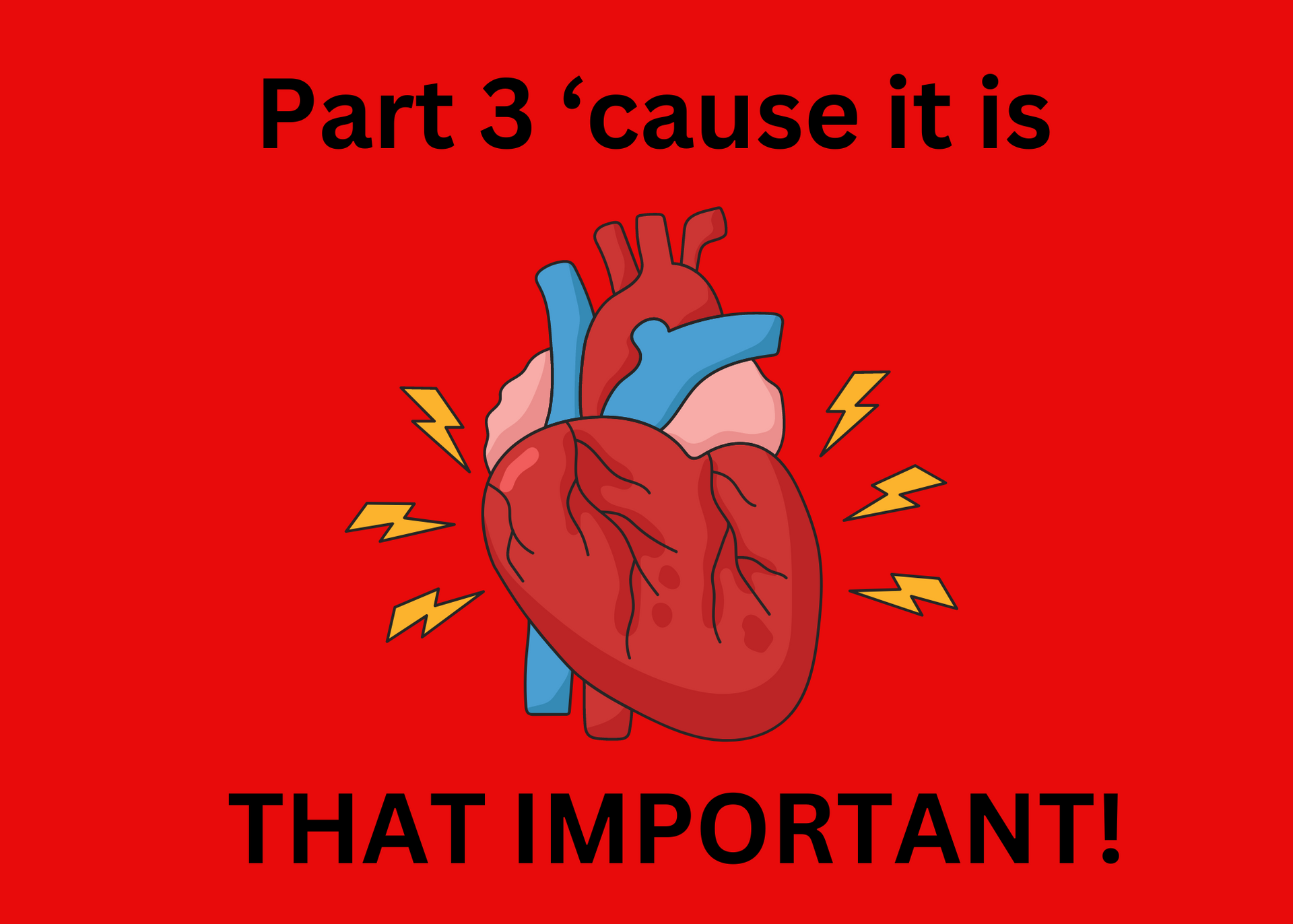
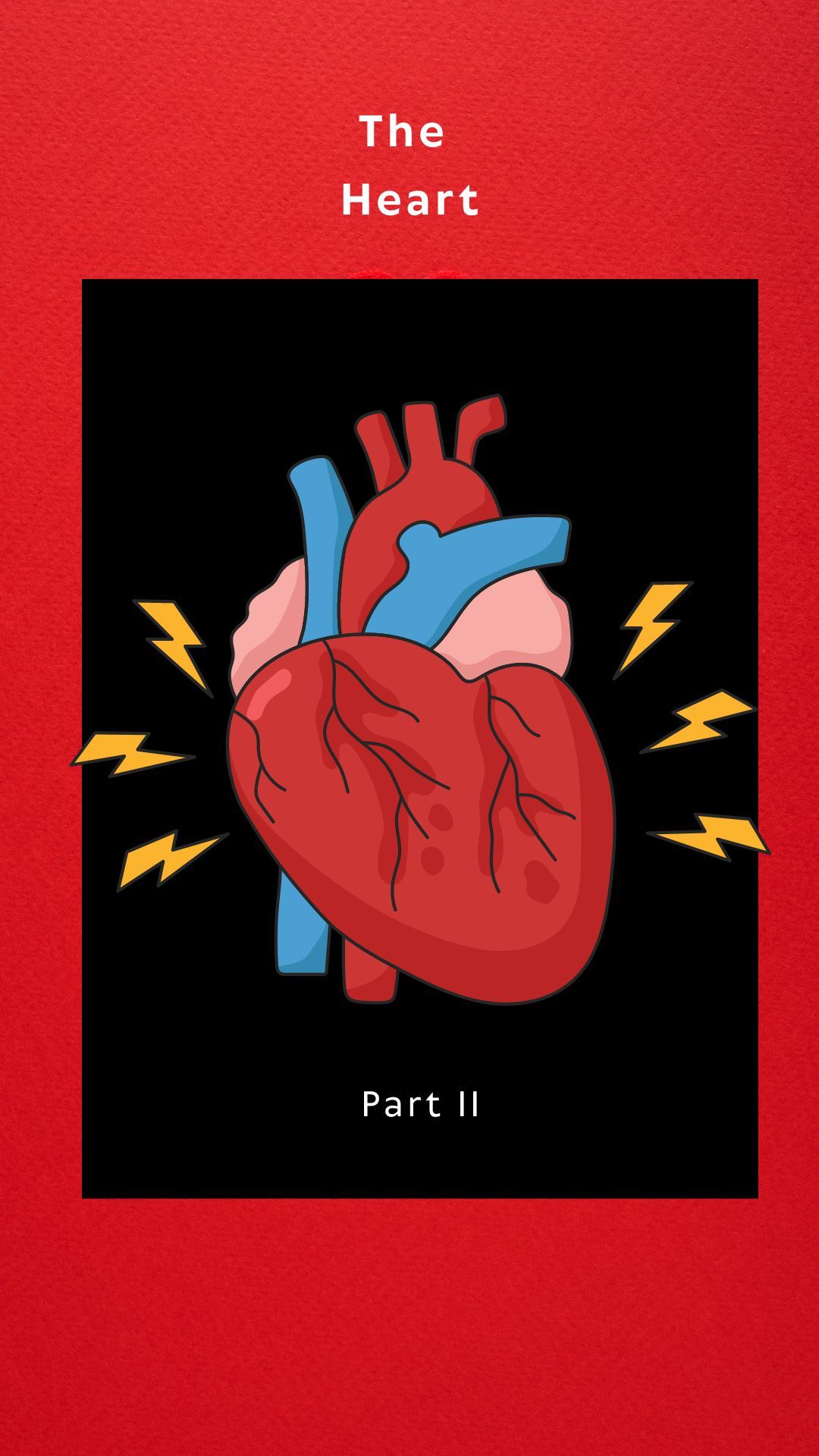
Share On: